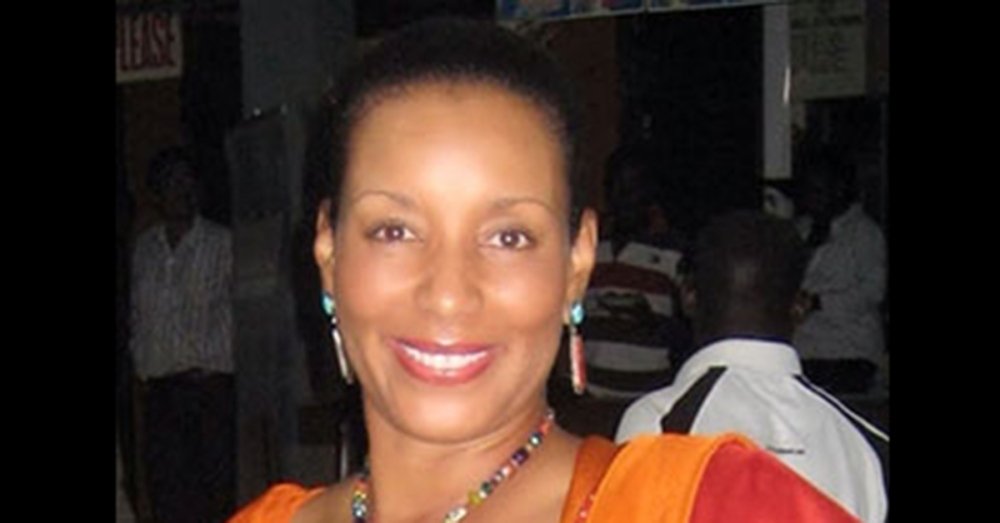Recently, Rwanda began trading under the African Continental Free Trade Area in a pilot phase that aims to test the environmental, legal and trade policy foundations of intra-African trade.
The zone includes seven other African countries: Cameroon, Egypt, Ghana, Kenya, Mauritius, Tanzania and Tunisia.
The first batch of coffee from Igire Coffee Limited exported to Accra, Ghana, marked the official start of preferential trade under the AfCFTA.
New Times’ Alice Kagina had an exclusive interview with Briggette Harrington, President and CEO of Igire Coffee Limited, on what this development means for the companies as well as what can be done to get more products made in Rwanda ready for the continental market.
Here are some excerpts.
Give a brief overview of what your company does
Igire Coffee Limited is committed to supporting – through financial resources – the women coffee growers we work with. They are part of the Hingakawa Coffee Women’s Association and we have an annual agreement to buy a certain amount of their coffee.
In essence, we buy coffee from them, roast it, sometimes grind it, package it and send it to the export market.
Until recently, exporting has meant “packing the coffee in suitcases” and taking it to Ghana, Nigeria and the United States in search of a market. So AfCFTA is our first opportunity to actually get coffee into a country through defined processes.
Tell me about the different steps you took to export your first batch through AfCFTA.
I have a degree in international business and I have been doing international business for about 25 years. This has helped me a lot and I am happy to explain the different steps.
After we receive the coffee from the women’s cooperative, we have it processed and packaged in Kigali. The coffee is then sent to the National Agricultural Export Development Board (NAEB) to be labelled according to international standards.
While we contact the forwarder about the shipment, we simultaneously have to obtain a certificate of origin and a quality certificate with an online application. And the payments are also made.
In addition to that, we have to get the phytosanitary certificate. Now, once we have these three documents, they are sent to Rwandan customs to receive a certificate of origin under AfCFTA. Without this certificate, there is no basis for duty reduction in the destination country.
There is a new negotiated air freight rate for products leaving Rwanda under AfCFTA, which is $1.40/kg with a minimum of 102 kg of product.
What do you think is preventing Rwandan businesses from taking advantage of the continental trade agreement?
I think people are just not aware and don’t know much about it, the fact is that it’s a new trade agreement and I’m not sure many people have been following it from the beginning when they started talking about a common market, free movement of people, goods and services across Africa.
Honestly, Igire Coffee was involved in the pilot project because I was trying to figure out how to trade under the agreement and I contacted the Ministry of Trade and Industry to find out, because I understood that if I traded under the agreement, my tariffs would be reduced by two and a half per cent. So, as a businesswoman, my main concern is to be able to reduce the number of my landing fees anywhere.
What needs to be done to get local products ready to be marketed across borders?
To be competitive, we need to know everything there is to know about the product, our target market, international labelling laws and what it means if your product violates those laws.
Our biggest problem is packaging, not only in Rwanda but in sub-Saharan Africa in general. The quality of the products is there, but we don’t necessarily have the packaging and the know-how to be able to figure out what we need to do logistically.
What can happen is that we are asked to re-export the product to its place of origin or destroy it at our expense, for a simple reason like not indicating the size or quantity on the label.
What are the next steps in your AfCFTA trade?
My primary goal is to get products to consumers. It’s great to export and import products, but until they’re on the supermarket shelves, you have no business.
My goal here is to get the products to sell and get more orders so we can support this business we have started.
I will also be testing coffee in Ghana at different events.
By Alice Kagina, New Times. akagina@newtimesrwanda.com



0 Comments